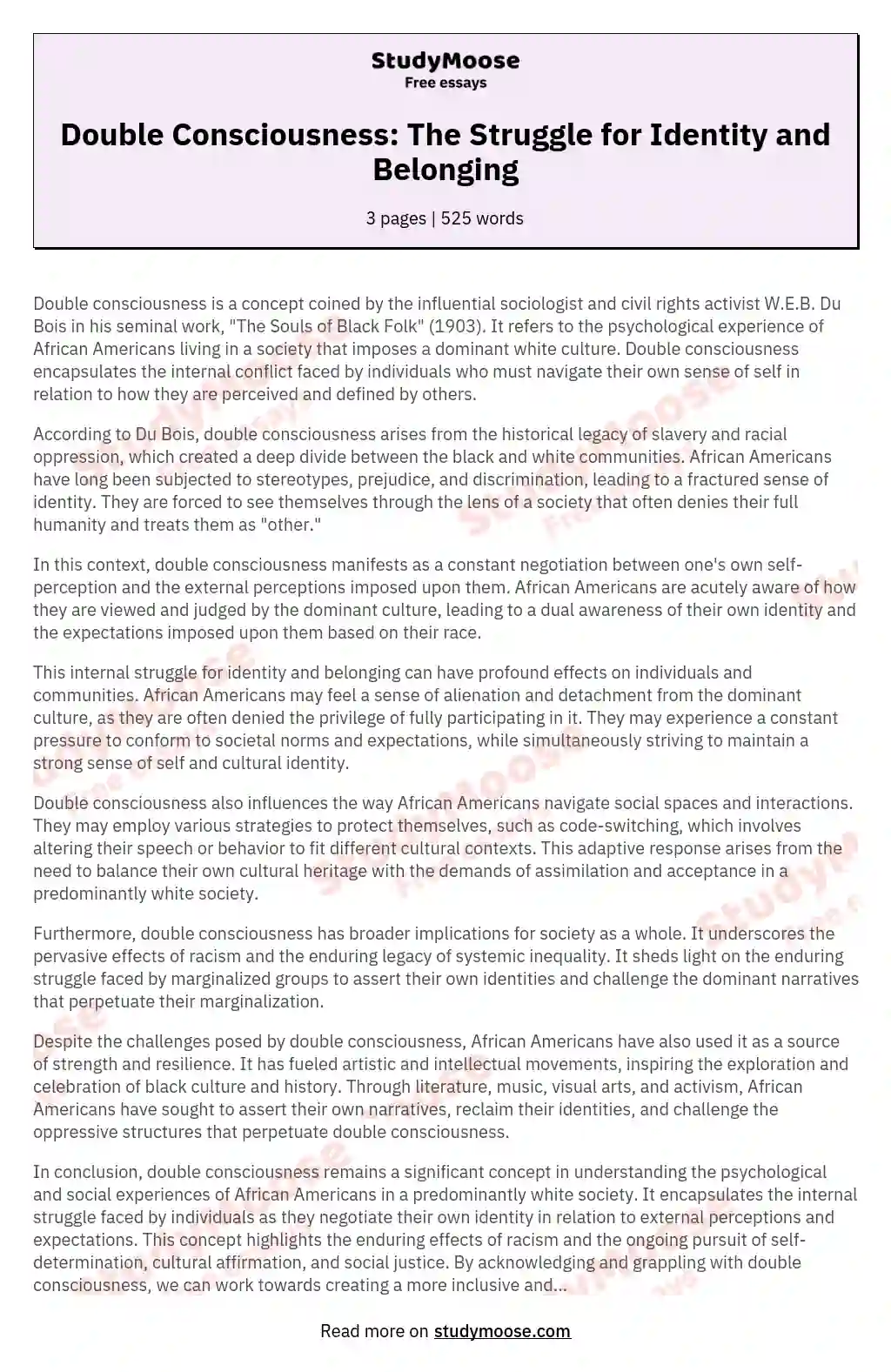The Bahá’í teachings provide profound insights into the concepts of identity and belonging, especially relevant for youth grappling with the complexities of modern existence. This discourse delves into the challenges faced by young individuals in a world marked by disconnection, alienation, and an ongoing quest for self-understanding. The Bahá’í perspective emphasizes the essential unity of humankind and the significance of establishing a coherent identity while fostering a sense of belonging to a broader community.
In the contemporary world, youth frequently encounter myriad pressures that exacerbate feelings of isolation. The omnipresence of social media can inadvertently foster superficial connections, often undermining genuine relationship-building. In navigating this paradox, it becomes imperative to cultivate a robust sense of self that is grounded in moral and spiritual foundations. The Bahá’í teachings underscore that identity transcends mere social labels and embraces a deeper, intrinsic connection to both the Divine and humanity.
The concept of identity as viewed through a Bahá’í lens can be distilling into several key components, each contributing to a holistic understanding of the self:
1. Spiritual Identity
At the heart of Bahá’í teachings is the belief that all individuals possess an eternal spiritual essence. This spiritual identity is paramount, serving as a cornerstone for personal development. Youth are encouraged to explore their innermost selves, recognizing that they are not merely products of their environment or societal expectations. Instead, they are inherently valuable beings with the potential for greatness. Engaging in practices such as prayer, meditation, and reflection fosters a deeper awareness of this spiritual identity.
2. Community Connection
Baha’i principles also emphasize the importance of community in shaping identity. Youth are encouraged to cultivate genuine bonds with others, engaging in acts of service and participating in community-building activities. This interaction not only enhances their sense of belonging but also reinforces the notion that individuals are part of a larger, interconnected whole. The spirit of cooperation and mutual support prevalent in Bahá’í communities serves as a fertile ground for fostering enduring relationships.
3. Embracing Diversity
Another vital aspect of identity within the Bahá’í framework involves the celebration of diversity. The teachings extol the uniqueness of each individual while simultaneously advocating for the oneness of humankind. Youth are encouraged to appreciate varied cultural, racial, and ethical perspectives, fostering a sense of global citizenship. Embracing diversity enriches personal identity, allowing youth to draw strength from the collective experiences of others while contributing their own narratives to the tapestry of humanity.
4. Purposeful Engagement
Identifying one’s purpose is crucial to developing a secure sense of self. The Bahá’í teachings advocate for the conscious pursuit of knowledge and virtues, empowering youth to engage meaningfully with the world around them. This engagement can take various forms, including volunteerism, artistic expression, and activism. By aligning personal aspirations with a broader societal framework, individuals can find fulfillment in their unique contributions, creating resonant connections that affirm their place in the world.
5. Resilience in Adversity
The journey toward self-realization is often fraught with challenges. The Bahá’í teachings encourage youth to cultivate resilience in the face of adversity, recognizing challenges as opportunities for growth. By reframing perceptions of failure and embracing a mindset geared towards learning, young individuals can navigate the tumultuous waters of identity formation with grace and fortitude. The principle that all trials contribute to one’s spiritual advancement is a source of comfort and motivation.
The struggle for identity and belonging in a disconnected world necessitates a concerted effort from individuals to embrace both their spiritual and social dimensions. The Bahá’í teachings offer a comprehensive framework that equips youth to traverse these challenges with poise. They highlight the significance of nurturing a rich internal life while actively engaging in the external world to create meaningful connections.
Fostering Interpersonal Relationships
Building an authentic sense of belonging is inherently linked to the quality of relationships fostered. The Bahá’í practice of consultation promotes open dialogue, active listening, and mutual respect, serving as a powerful tool for conflict resolution and relationship building. As youth learn to engage in constructive conversations, they develop empathy and understanding, which are essential components for cultivating strong interpersonal ties.
Integrating Spiritual Practices
To solidify a strong foundation of identity, integrating spiritual practices into daily life becomes paramount. Regular prayers, reading of sacred texts, and partaking in communal gatherings not only enhance a youth’s spiritual identity but also serve as an anchor amid the vicissitudes of life. Such practices foster a sense of peace, grounding individuals amidst external turbulence.
Conclusion
The struggle for identity and belonging is a perennial aspect of the human condition, exacerbated by the modern world’s disconnection. Bahá’í teachings offer a comprehensive, nurturing approach to youth navigating these challenges. By grounding oneself in spiritual identity, fostering community connections, appreciating diversity, and embracing purposeful engagement, youth can cultivate a profound sense of belonging. The teachings present a pathway toward resilience, self-actualization, and meaningful engagement with the world, ultimately illuminating the path toward understanding one’s place in the intricate mosaic of humanity.
